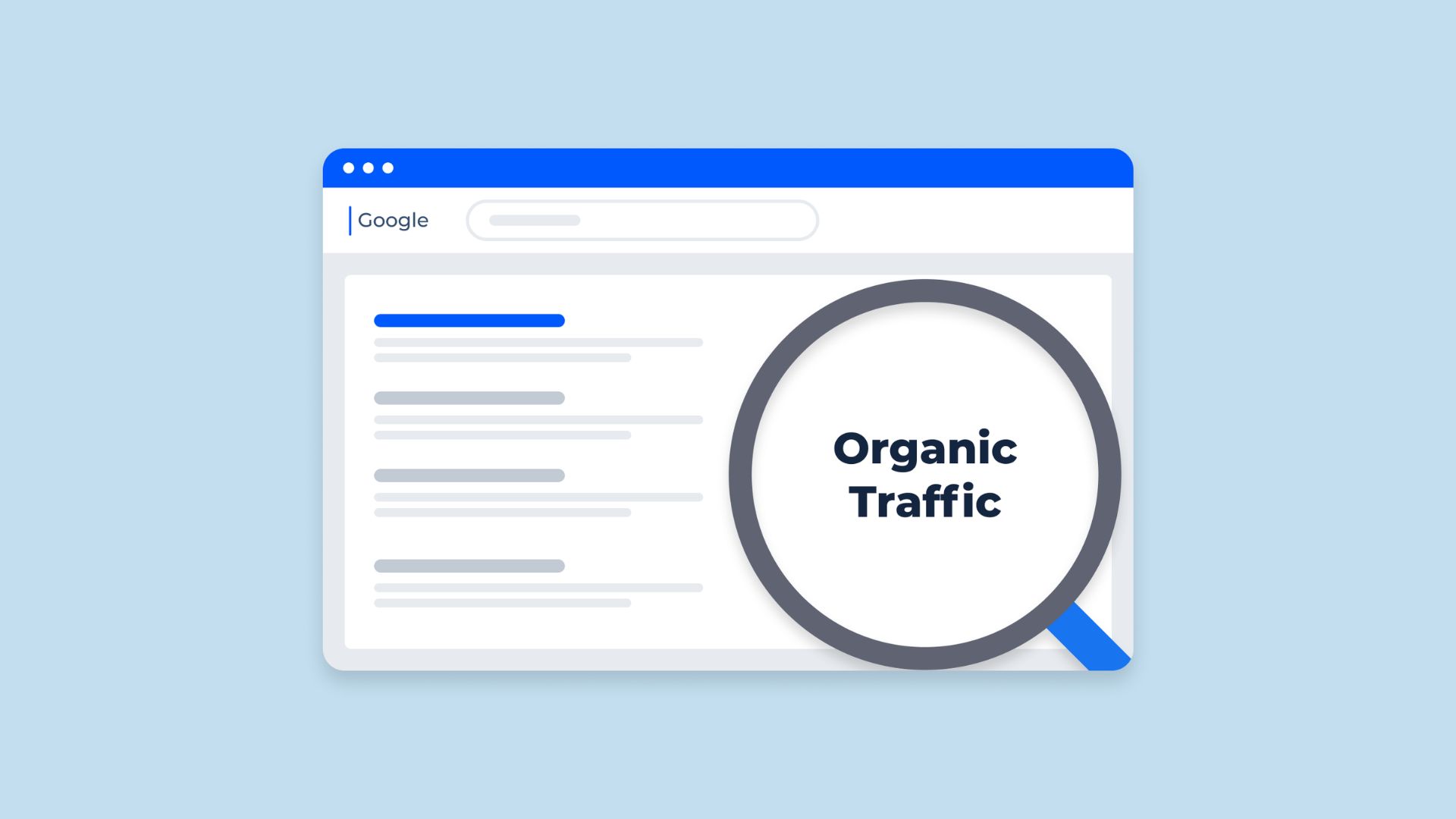In today’s digital landscape, having a strong online presence is crucial for the success of any website. However, simply launching a website is not enough; you need to make your website popular on Google to attract and retain visitors. Promoting your website effectively can significantly boost traffic, improve search engine rankings, and enhance your overall online visibility. This guide will walk you through essential strategies and techniques to help you achieve these goals.
1. Understand SEO Fundamentals
Search Engine Optimization (SEO) is the backbone of website promotion. SEO involves optimizing your website so that it ranks higher in search engine results pages (SERPs) for relevant keywords. To start with, focus on:
- Keyword Research: Identify the keywords and phrases that potential visitors are searching for. Use tools like Google Keyword Planner, SEMrush, or Ahrefs to find high-traffic keywords related to your niche.
- On-Page SEO: Incorporate your target keywords into crucial areas such as the page title, meta descriptions, headers, and throughout your content. Ensure that your website’s structure is optimized for search engines, including proper use of alt text for images.
- Technical SEO: Improve your website’s technical aspects, including site speed, mobile responsiveness, and secure connections (HTTPS). A well-optimized website helps search engines crawl and index your pages more efficiently.
2. Create High-Quality Content
Content is king when it comes to attracting and engaging visitors. To make your website popular on Google:
- Write Compelling Blog Posts: Publish informative and engaging blog posts that address your audience’s needs and interests. Use your keywords naturally within the content to improve relevance and searchability.
- Develop Diverse Content Types: Incorporate various types of content such as videos, infographics, and podcasts. Diverse content can capture the interest of different segments of your audience and keep visitors on your site longer.
- Update Regularly: Keep your content fresh and relevant by updating old posts and regularly adding new content. Google values websites that continuously provide updated and valuable information.
3. Leverage Social Media
Social media platforms are powerful tools for promoting your website and driving traffic. Here’s how to use them effectively:
- Share Your Content: Promote your blog posts, videos, and other content on social media channels like Facebook, Twitter, LinkedIn, and Instagram. Engage with your audience by responding to comments and participating in relevant discussions.
- Utilize Paid Advertising: Invest in social media ads to target specific demographics and drive traffic to your website. Platforms like Facebook and Instagram offer sophisticated targeting options to reach your ideal audience.
- Encourage Social Sharing: Make it easy for your visitors to share your content by including social sharing buttons on your website. The more your content is shared, the more visibility it gains, which can lead to increased traffic and higher search engine rankings.
4. Build Quality Backlinks
Backlinks, or inbound links from other websites, play a significant role in boosting your site’s authority and search engine rankings. To build high-quality backlinks:
- Guest Blogging: Write guest posts for reputable websites in your industry. Include a link back to your site within the content or author bio.
- Reach Out to Influencers: Connect with industry influencers and bloggers who can help promote your content and link back to your website.
- Create Shareable Content: Produce content that naturally attracts backlinks, such as comprehensive guides, original research, or unique infographics. When other websites find your content valuable, they are more likely to link to it.
5. Optimize for Local Search
If you have a local business, optimizing for local search can drive targeted traffic to your website. Implement these strategies:
- Google My Business: Create and optimize your Google My Business profile to enhance your visibility in local search results and Google Maps.
- Local Keywords: Include local keywords in your content, meta descriptions, and title tags to attract visitors from your geographic area.
- Local Directories: List your website on local business directories and industry-specific listings to improve your local search presence.
6. Monitor and Analyze Performance
Tracking the performance of your promotional efforts is crucial for understanding what works and what needs improvement. Use tools like Google Analytics and Google Search Console to:
- Track Traffic Sources: Analyze where your traffic is coming from, including organic search, social media, and referral sites. This data helps you refine your marketing strategies.
- Monitor Keyword Rankings: Keep an eye on your keyword rankings and adjust your SEO tactics based on performance.
- Evaluate User Behavior: Study metrics like bounce rate, average session duration, and pages per session to gain insights into how visitors interact with your site. Use this information to enhance user experience and content quality.
7. Utilize Paid Search Advertising
Paid search advertising, such as Google Ads, can provide a quick boost to your website’s visibility and traffic. Here’s how to make the most of it:
- Set Up Targeted Campaigns: Create ad campaigns targeting specific keywords related to your business. Use ad extensions to provide additional information and improve click-through rates.
- Optimize Ad Copy: Write compelling ad copy that encourages users to click through to your website. Test different headlines and descriptions to find what resonates best with your audience.
- Monitor and Adjust: Regularly review your ad performance and make adjustments to optimize results. Focus on metrics such as click-through rate (CTR), conversion rate, and cost-per-click (CPC).
Conclusion
Promoting your website on Google is a multifaceted process that involves optimizing for SEO, creating valuable content, leveraging social media, building backlinks, and utilizing paid advertising. By implementing these strategies, you can effectively boost your website’s visibility, attract more visitors, and achieve your online goals. Remember that online success doesn’t happen overnight; it requires ongoing effort and adaptation to stay ahead in the ever-evolving digital landscape.
By focusing on these essential strategies, you can enhance your website’s presence, attract a steady stream of traffic, and ultimately make your website popular on Google.






Leave a Reply